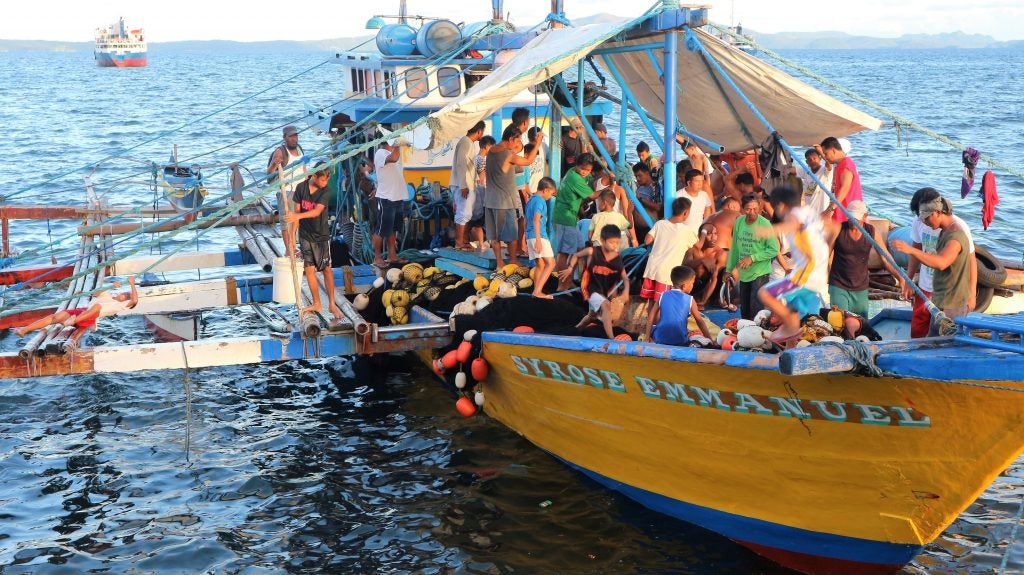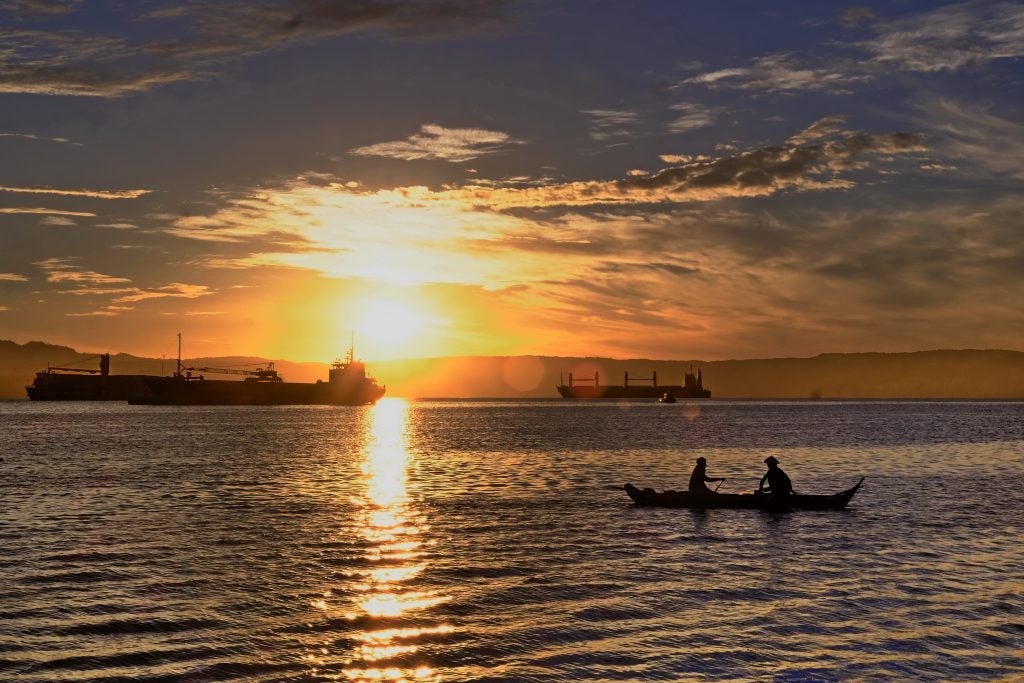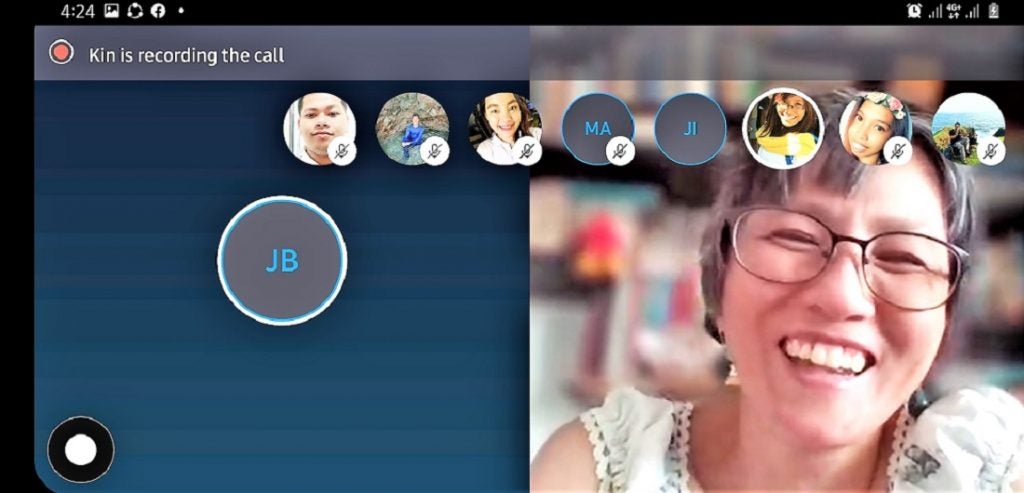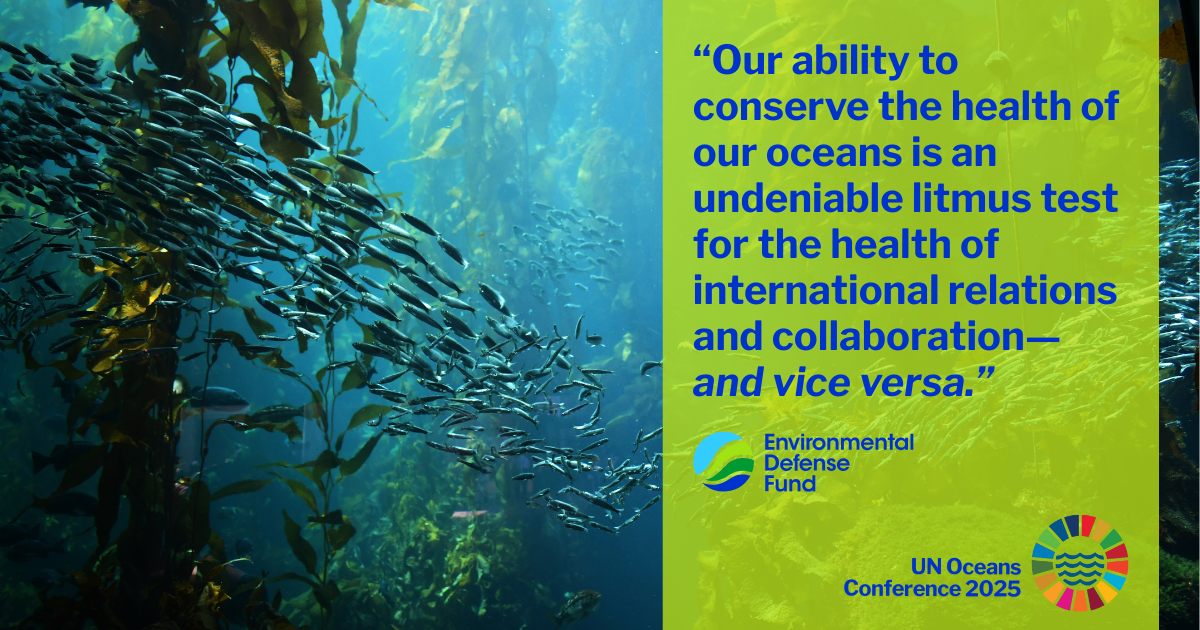How to improve Philippine fisheries? Science and stakeholders are key.

The Philippines is a fishing nation, among the top 25 in the world, according to the United Nations’ Food and Agriculture Organization. The country has about 2 million small-scale fishers who depend on the nearshore waters for their daily needs and livelihoods. The country’s fishing sector faces many challenges, including a lack of science in developing policy, as well as inadequate participation of stakeholders in decision-making. This is why improving Philippine fisheries is so important — every Filipino earning a living from the sea depends on it.
EDF’s Philippine program, together with the National Fisheries Research and Development Institute, the Philippine National Stock Assessment Program teams and other fishery scientists and managers, are currently working to find answers to these fishery challenges.
This is why improving Philippine fisheries is so important — every Filipino earning a living from the sea depends on it.
Philippine fisheries policy has largely been shaped by political interests and the voices of the few powerful rather than of the scientists or the many stakeholders whose lives depend on the resource. Fisheries science has played almost no role in how decisions are made in the sector.
The problem is not that there is no data — the stock assessment program has been collecting data for at least five years, and in some areas, almost 10. The gap lies in the lack of capacity to transform raw data into information that decision-makers can use. There has been almost no investment in developing the people and skills for stock assessment and data analysis in the country. The Philippines needs a comprehensive system or framework which can weave science and management together for better policy that adapts to changes in the fisheries. And the primary users of the resource must be given a voice in decision-making.
 EDF’s Philippine program is hoping to change the way fisheries management is done in the country. Among the program’s goals are to not only build capacity for stock assessment, but to work with partners to implement a framework to transform data into information and knowledge that can be used by decision-makers for sustainable fisheries management. This framework will include genuine stakeholder involvement, and will offer tools that will help stakeholders form goals and understand trade-offs.
EDF’s Philippine program is hoping to change the way fisheries management is done in the country. Among the program’s goals are to not only build capacity for stock assessment, but to work with partners to implement a framework to transform data into information and knowledge that can be used by decision-makers for sustainable fisheries management. This framework will include genuine stakeholder involvement, and will offer tools that will help stakeholders form goals and understand trade-offs.
One of the country’s wins is a fisheries management area policy, approved by the Bureau of Fisheries, which seeks to define fisheries management by habitat, biology and stock ranges rather than administrative boundaries. The policy names EDF’s tool FISHE as a preferred management model for FMAs. The Philippine team is supporting the implementation of the policy primarily by building capacity of stock assessment teams across the country.
EDF’s Philippine program is hoping to change the way fisheries management is done in the country.
From 2018 to early 2020, the team facilitated in-person data consolidation and analysis workshops for the National Stock Assessment Program. The workshops focused on transitioning to the FMA structure. This was the first time the Bureau of Fisheries had attempted this approach for any fishing ground in the country. The approach has been truly transformational. For the first time, fishery managers, scientists and stakeholders were seeing a more complete picture of fish stocks and fishing pressure within their areas.
Unfortunately, with the COVID-19 pandemic and the strict lockdown across the Philippines, the in-person workshops had to stop.
EDF’s Philippine program is grateful for the willingness of our partners to transition to online workshops and coaching. In June, the team hosted a Fisheries 101 webinar for over 100 participants from BFAR and NSAP, most of whom were new to the stock assessment program or had no background in fisheries science. Presentations included a review of Philippine fisheries from the 1950s, a brief overview of fisheries management principles, and the role that fisheries science and stock assessment play in effective decision-making for fisheries management. The event was well-attended by both scientists and the Bureau’s management teams.
To date, the team has participated in about 20 online sessions, most of which have become weekly sessions for some FMA teams. The focus has shifted to fisheries science fundamentals.
 The online platform has allowed the team to reach more people and dig deeper into analyzing data for each key species within the FMAs. In addition, it has allowed past mistakes to be identified and corrected, and shortcuts to be avoided.
The online platform has allowed the team to reach more people and dig deeper into analyzing data for each key species within the FMAs. In addition, it has allowed past mistakes to be identified and corrected, and shortcuts to be avoided.
EDF’s partners have said they feel more confident about results and about presenting those results to stakeholders. We are in the privileged position of being trusted by the stock assessment teams and National Fisheries Research and Development Institute enough for them to share their data with us for coaching on analysis and interpretation. Our shared goal is to develop information that stakeholders and decision-makers can use. If we succeed, together with our partners, we will have developed methodologies we can share with the rest of the country.
EDF Philippines also hopes to engage with stakeholders and other partners at a more local level — to help develop the mechanisms for fishers and coastal communities to set goals, understand their options and be part of the decision-making process. We hope to do this and more in one fishery management area, by building a center of excellence for fisheries management that the other FMAs can replicate. An area in which science, policy and governance are woven together to provide a strong basis for healthy fisheries and healthy communities across the Philippines. Even during COVID-19, we are working to find the answers needed to improve fisheries management across this highly ocean-dependent nation.












